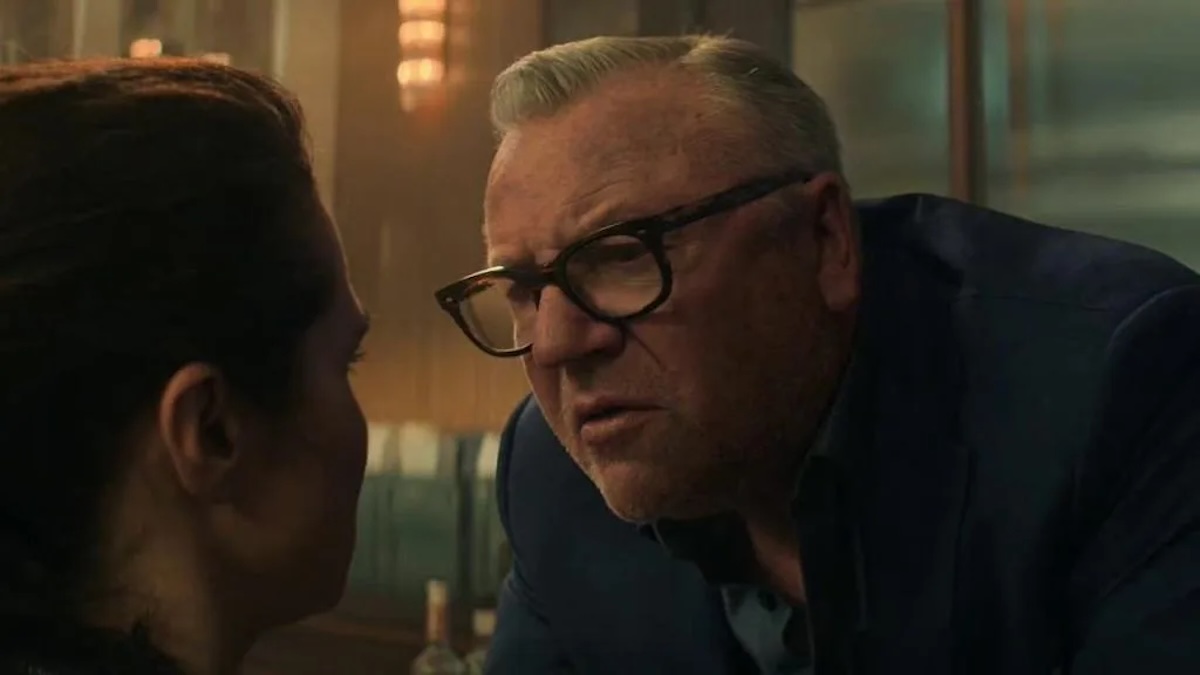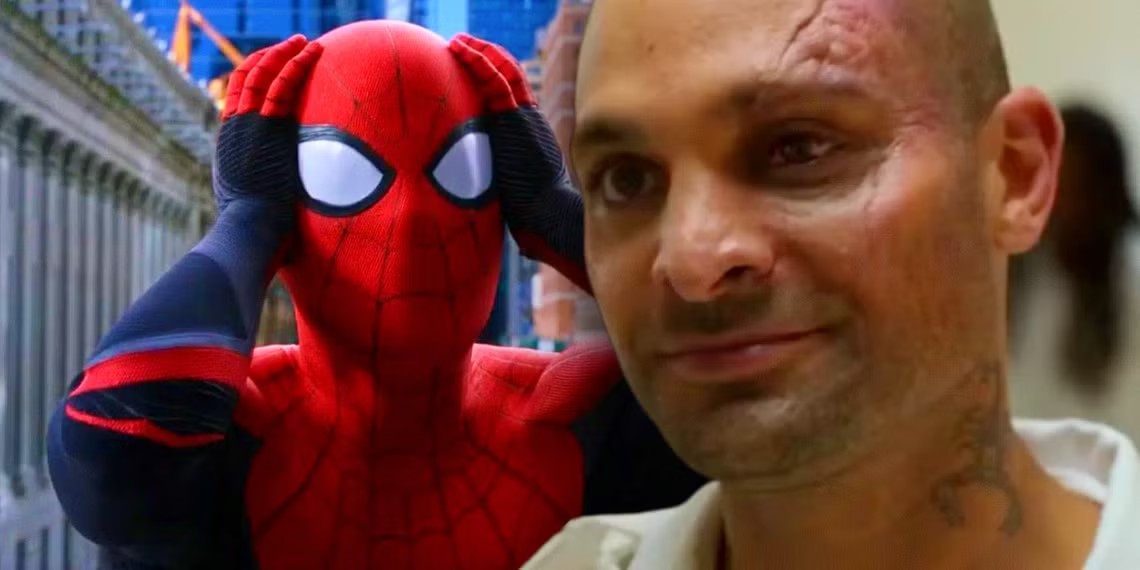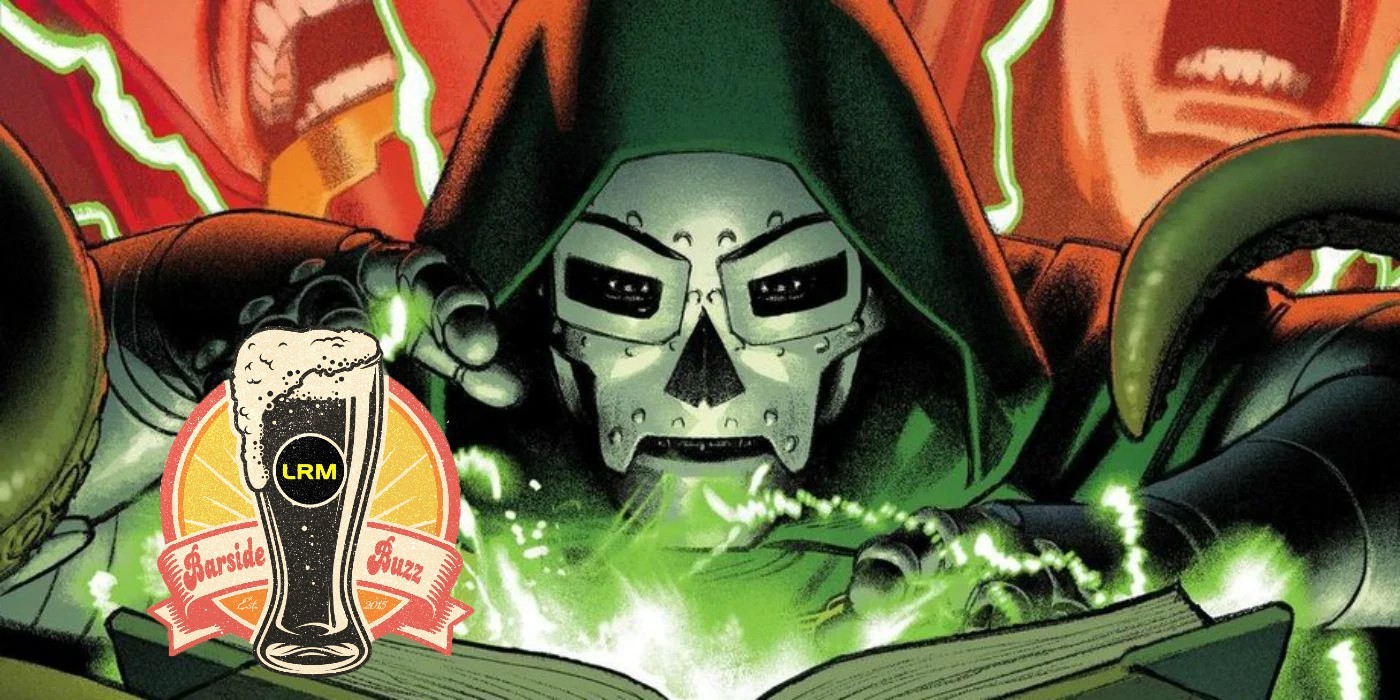![]()
When Batman v Superman first hit theaters, it was quite the disappointment. Even I, someone who enjoyed the film for what it was, recognized it as a flawed piece of cinema. Luckily for us, Warner Bros. and DC got a second chance with the Ultimate Edition, which sported an extra 30 minutes of runtime. Those minutes went a long way, padding out the narrative with connective tissue that helped make sense of the whole thing. No longer were we forced to make inferences for ourselves — Zack Snyder laid out all the information for us already.
Suicide Squad also hit theaters with relatively negative reception. While one could argue that the film was more of a crowd-pleaser than Batman v Superman, there is no denying that it was riddled with all sorts of little problems. From its villain to its muddled narrative, it’s clear that somewhere in there was a good movie, but they didn’t manage to find it in the cut they presented, as entertaining as it was. Now, Warner Bros. will be presenting fans with an extended cut option.
Here’s the thing: I love extended cuts. Not only are extended cuts fantastic for already-amazing films, but they also occasionally salvage terrible movies and make them watchable. If you don’t believe me, I highly recommend you check out the director’s cut of Oliver Stone’s Alexander, a film that made virtually no sense in its original cut somehow turned to a great film with its director’s cut. You can also look to one of 76 cuts that Ridley Scott’s Blade Runner has. Sure, it’s arguable which ofthem is the best, but it definitely does the job of making the experience different.
As a film junkie, it’s pretty much my wet dream. When watching a film, even if you adore it, you’re always left with a big “what if?” question. What if they’d gone with a different shot? What if they’d focused more on this subplot? What if the film ended differently? What if they structured the story itself in a completely different way? These extended cuts give us a chance to explore these otherworld possibilities, and as a storyteller, it becomes something of a playground.
So, then, why would someone like me speak against future extended cuts for films in the DC Extended Universe? One word: continuity.
Marvel has proven with their own Cinematic Universe that these world can become increasingly reliant on previous events. Captain America: Civil War wouldn’t have had the impact it did without the context of the previous 12 movies to piggyback off of. Yes, it stood alone well enough, but the narrative was still shaped by what came before.
Should the DC Extended Universe live the long, healthy life that Marvel’s has, understanding what’s considered canon and what’s not could be a bit confusing for most fans. My instinct is that anything that happens in the extended cuts of films are canon. But what happens if a scene an extended cut is referenced in a theatrical cut of a later movie? Would Warner even allow something like that to pass? If so, just how alienating can we expect these movies to be for future mainstream viewers? And then there comes the problem of polluting the overall continuity
As of right now, this doesn’t seem like the biggest of problems, but there is one scene in Batman v Superman that gives me pause: Jimmy Olsen’s death. In the theatrical cut, he’s an unnamed character, but in the Ultimate Edition he’s Jimmy Olsen. Sure, he’s named in the credits of the theatrical cut, but what mainstream audience member is going to know that? As pivotal as director Zack Snyder was in the implementation of this universe, he’s not the only cook in the kitchen.
I admired Snyder’s resolve when he killed the character because it proved they had bigger fish to fry than day-to-day criminals, but what about other directors? What if another filmmaker has a great idea for Jimmy Olsen in the narrative? Are they beholden to a character that was named in the extended cut?
Given the overall narrative structure of the DCEU — as well as their willingness to jump around time and space — it’s already a much less accessible one. The extended cuts, while cool for fans, can only alienate mainstream viewers. I understand the desire to be given a second chance to nail a film and redeem the credibility of a franchise, but if they truly want to create mainstream success, they’re going to have to start sticking one version of their films — a version every fan can reference.
The last thing anyone wants to have to do is to reference an obscure scene from a specific cut of the sixth film in the DCEU in order to prove something to a casual moviegoer.
Additionally, this put a lot less pressure on these initial cuts. If they can simply fix all the problems in an extended cut, is there really much motivation to truly get it right the first time?
It’s for these reasons that I urge DC and Warner Bros. to please take great care when putting together you films for theaters. Don’t be so quick to rely on these extended cuts. If you keep this up, very soon you’ll train audiences to skip the theatrical release. Even worse, you’ll make the comic book movies all the more inaccessible to the very fans you need to survive.
What do you think? Do you like this practice DC has been using in their films? Should we, as fans, want extended cuts of our comic book movies? Let us know in the comments down below!
Don’t forget to share this post on your Facebook wall and with your Twitter followers! Just hit the buttons at the top of this page.

 FOR FANBOYS, BY FANBOYS
Have you checked out LRM Online’s official podcasts and videos on The Genreverse Podcast Network? Available on YouTube and all your favorite podcast apps, This multimedia empire includes The Daily CoG, Breaking Geek Radio: The Podcast, GeekScholars Movie News, Anime-Versal Review Podcast, and our Star Wars dedicated podcast The Cantina. Check it out by listening on all your favorite podcast apps, or watching on YouTube!
Subscribe on: Apple Podcasts | Spotify | SoundCloud | Stitcher | Google Play
FOR FANBOYS, BY FANBOYS
Have you checked out LRM Online’s official podcasts and videos on The Genreverse Podcast Network? Available on YouTube and all your favorite podcast apps, This multimedia empire includes The Daily CoG, Breaking Geek Radio: The Podcast, GeekScholars Movie News, Anime-Versal Review Podcast, and our Star Wars dedicated podcast The Cantina. Check it out by listening on all your favorite podcast apps, or watching on YouTube!
Subscribe on: Apple Podcasts | Spotify | SoundCloud | Stitcher | Google Play



